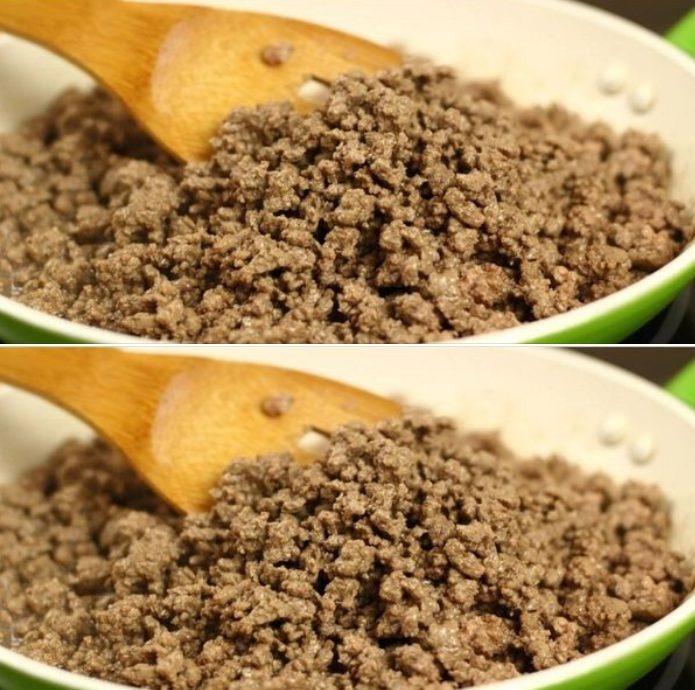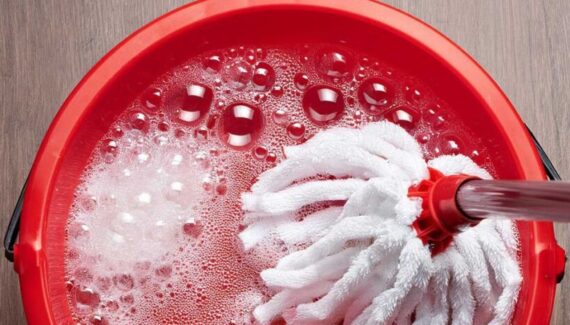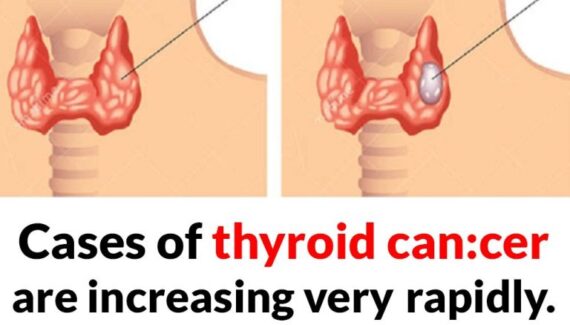Today, my mother-in-law made dinner with ground beef, but she didn’t rinse it after cooking. I just couldn’t eat it! The sight of the greasy, un-drained beef left me questioning: Should you really rinse ground beef? Or is it just a habit some people swear by? Let’s settle the debate once and for all!
Why Do Some People Rinse Ground Beef?
Many home cooks believe in rinsing ground beef after cooking to remove excess grease, making it healthier and less greasy. Some do it out of habit, passed down through generations, while others feel it helps make dishes like tacos, casseroles, and pasta sauces less oily.
The Truth: Should You Rinse Cooked Ground Beef?
1. Rinsing Removes Fat – But Also Flavor!
When you rinse cooked ground beef, you wash away some of the fat, but you also lose the seasonings and natural juices that add depth to the dish. If the beef is well-seasoned, rinsing can leave it bland and tasteless.
2. It’s Not Always Necessary
If you’re using lean ground beef (90% lean or higher), there’s very little fat to drain. In that case, rinsing isn’t necessary at all. If you use fattier beef (like 80/20), simply draining the grease with a spoon or paper towel is usually enough.
3. Hot Water Rinse for Lower Fat Content
Some people rinse beef with hot water in a colander to reduce fat. Studies show this can remove up to 50% of the fat, making it a good option for those watching their fat intake. However, it’s important to re-season the meat afterward to maintain flavor.
What’s the Best Way to Handle Ground Beef?
If you want to enjoy ground beef without an overly greasy texture, here are some better alternatives to rinsing:











